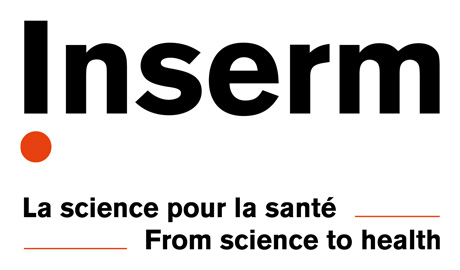





Type of contract CDD
Location Marseille,
Statut Available
Key Words
Details of the offer
Type of job
Type of contract CDD
Application deadline
Employment start date
Contact
KEY WORDS | brain, cognition, behaviour |
CITY | Marseille |
COUNTRY | France |
DETAILS OF THE OFFER | Working place: CNRS Missions: The state of health of individuals is influenced by a multitude of interconnected factors, among which lifestyles occupy a central place. These lifestyles include behaviours such as physical activity, sleep, eating habits, stress management and screen consumption, all of which play a crucial role in maintaining an overall state of physical, mental and social health. Scientific research has amply demonstrated the positive impact of these behaviours on the overall health and well-being of individuals, particularly among school-age children (i.e. Tremblay et al., 2011).
This thesis is part of a multidimensional approach aimed at understanding the complex interactions between young people's lifestyles, health status and academic performance. It is linked to a wider open science project encouraging the general population, through a participatory approach, to become involved in an active approach to health. Using an integrative approach, this research aims to explore the links between different lifestyle factors and to identify the underlying mechanisms that influence the health and well-being of young people. In addition, this research will explore the implications of lifestyle habits on individuals' long-term occupational well-being, examining how behaviours adopted at a young age can influence their work performance and job satisfaction in adulthood (Booth et al., 2012). By better understanding these interactions, it will be possible to develop more effective recommendations aimed at promoting healthy lifestyles and improving the academic performance and quality of life of young people from primary schools to university. |
TYPE OF JOB | Postdoc position |
TYPE OF CONTRACT | CDD (temporary / 36 months) |
REMUNERATION | 2 135,00 ¤ gross |
APPLICATION DEADLINE | 24 JUN 2024 |
EMPLOYMENT START DATE | 1 OCT 2024 |